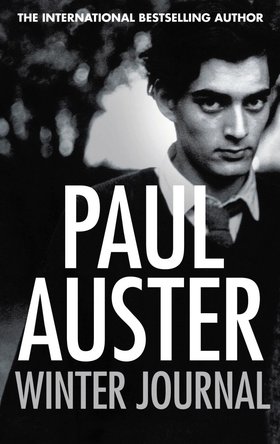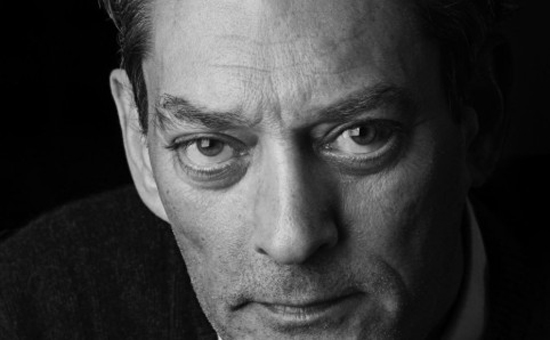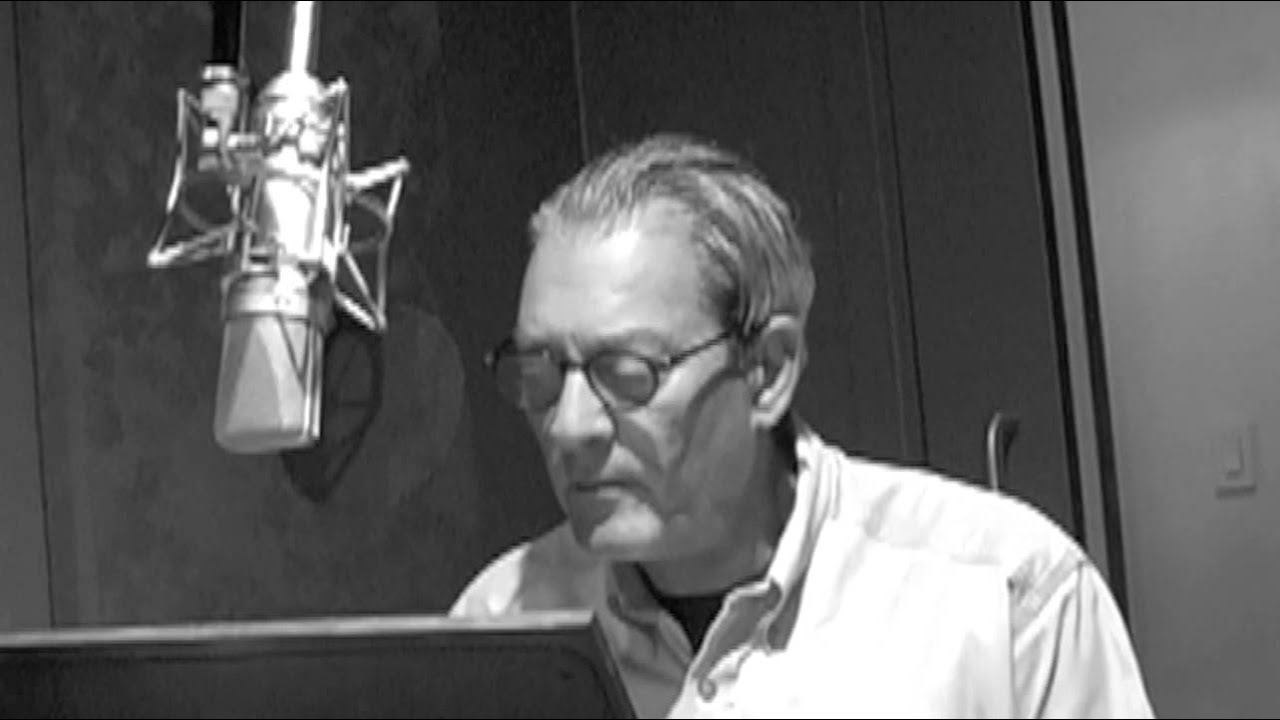The New York Times Book Review once described Primo Levi’s The Periodic Table as "a work of healing, or tranquil, even buoyant imagination". If that is true, then Paul Auster’s Winter Journal is – in terminology that would likely have pleased Levi – its equal and opposite reaction. While this latest offering from the author of City Of Glass does allow for some catharsis, it is convulsive where Levi is tranquil and, often unbearably, dense where the other is buoyant. In Winter Journal, with a symbiotic detached empathy, Auster retraces the life of his subject – what Carl Jung might have called "The Undiscovered Self".
In this extract, the Author recounts the death of a mother and the birth of a powerful neurosis:
Thirty-eight years after she left your father, the family has codified its litany of complaints against your mother, it is the stuff of ancestral history by now, old gossip turned into solid facts, and why not go through the list of her misdeeds one last time – in order to give her a proper send-off to the place where she deserves to go? Never satisfied, your cousin says, always looking for something else, too flirtatious for her own good, a woman who lived and breathed to attract the attentions of men, oversexed, whorish, someone who slept around, an unfaithful wife – too bad that a person with so many other good qualities should have been such a mess. You always suspected your mother’s ex-in-laws talked about her in that way, but until this morning you have never heard it with your own ears. You mumble something into the telephone and hang up, vowing never to talk to your cousin again, never to utter a single word to her for the rest of your life. Sleep is out of the question now. In spite of the supernatural exhaustion that has clobbered you into near senselessness, too much has been churned up inside you, your thoughts are sprinting off in myriad directions, adrenaline is surging through your system again, and your eyes refuse to close.
There is nothing for it but to get out of bed and begin the day. You go downstairs and prepare a pot of coffee, the strongest, blackest coffee you have made in years, figuring that if you flood yourself with titanic doses of caffeine, you will be lifted into something that resembles wakefulness, a partial wakefulness, which will allow you to sleepwalk through the rest of the morning and on into the afternoon. You drink the first cup slowly. It is exceedingly hot and must be swallowed in small sips, but then the coffee begins to cool down, and you drink the second cup more rapidly than the first, the third more rapidly than the second, and swallow by swallow the liquid splashes into your empty stomach like acid. You can feel the caffeine accelerating your heart rate, agitating your nerves, and beginning to light you up. You are awake now, fully awake and yet still weary, drained but ever more alert, and in your head there is a buzzing that wasn’t there before, a low-pitched mechanical sound, a humming, a whining, as if from a distant, out-of-tune radio, and the more you drink, the more you feel your body changing, the less you feel that you are made of flesh and blood. You are turning into something metallic now, a rusty contraption that simulates human life, a thing put together with wires and fuses, vast circuits of wires controlled by random electrical impulses, and now that you have finished the third cup of coffee, you pour yourself another – which turns out to be the last one, the lethal one. The attack begins simultaneously from the inside and the outside, a sudden feeling of pressure from the air around you, as if an invisible force were trying to push you through the chair and knock you to the ground, but at the same time an unearthly lightness in your head, a vertiginous jangle thrumming against the walls of your skull, and all the while the outside continues to press in on you, even as the inside grows empty, ever more dark and empty, as if you are about to pass out. Then your pulse quickens, you can feel your heart trying to burst through your chest, and a moment after that there is no more air in your lungs, you can no longer breathe. That is when the panic overwhelms you, when your body shuts down and you fall to the floor. Lying on your back, you feel the blood stop flowing in your veins, and little by little your limbs turn to cement. That is when you start to howl. You are made of stone now, and as you lie there on the dining room floor, rigid, your mouth open, unable to move or think, you howl in terror as you wait for your body to drown in the deep black waters of death.




